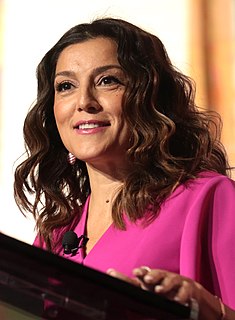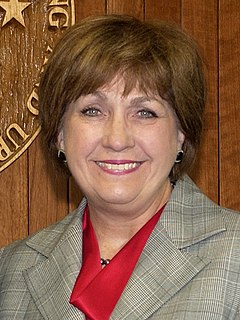A Quote by Ruth Prawer Jhabvala
First, I was so dazzled and besotted by India. People said the poverty was biblical, and I'm afraid that was my attitude, too. It's terribly easy to get used to someone else's poverty if you're living a middle-class life in it. But after a while, I saw it wasn't possible to accept it, and I also didn't want to.
Related Quotes
The historical basis for the gap between the black middle class and underclass shows that ending discrimination, by itself, would not eradicate black poverty and dysfunction. We also need intervention to promulgate a middle-class ethic of success among the poor, while expanding opportunities for economic betterment.
If farmers become weak the country loses self-reliance but if they are strong, freedom also becomes strong. If we do not maintain our progress in agriculture, poverty cannot be eliminated from India.But our biggest poverty alleviation programme is to improve the living standard of our farmers. The thrust of our poverty alleviation programmes is on the uplift of the farmers.
It is easy enough to tell the poor to accept their poverty as Gods will when you yourself have warm clothes and plenty of food and medical care and a roof over your head and no worry about the rent. But if you want them to believe youtry to share some of their poverty and see if you can accept it as Gods will yourself!
The Democrat Party is threatened by people whose economic circumstances improve to the point that they do not need government first and foremost. That's a threat. But this happens when the U.S. economy is humming. There is a lot of upward mobility, and people leave the lower depths of poverty and start traversing a pathway through the middle class to the upper middle class, and as they leave, the Democrats have to replace them. That is what illegal immigration has been since 1965 when Ted Kennedy reintroduced the whole concept after 40 years of no immigration from 1921 to 1965.
The first issue that compelled me was a very strange split between India being highly development scientifically (we were the third biggest scientific manpower in the world then) and yet at the same time struggling with amazing poverty. The linear equation that says that modern science equals progress and the reduction of poverty did not apply to India. It wasn't working.







































